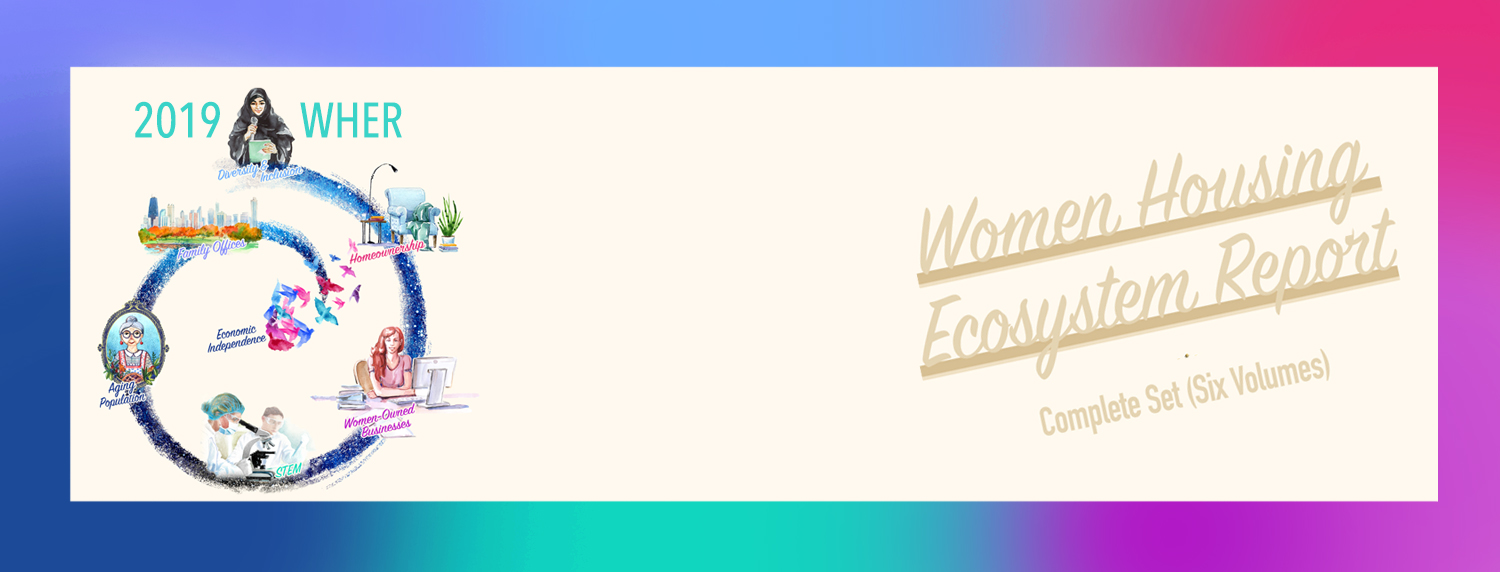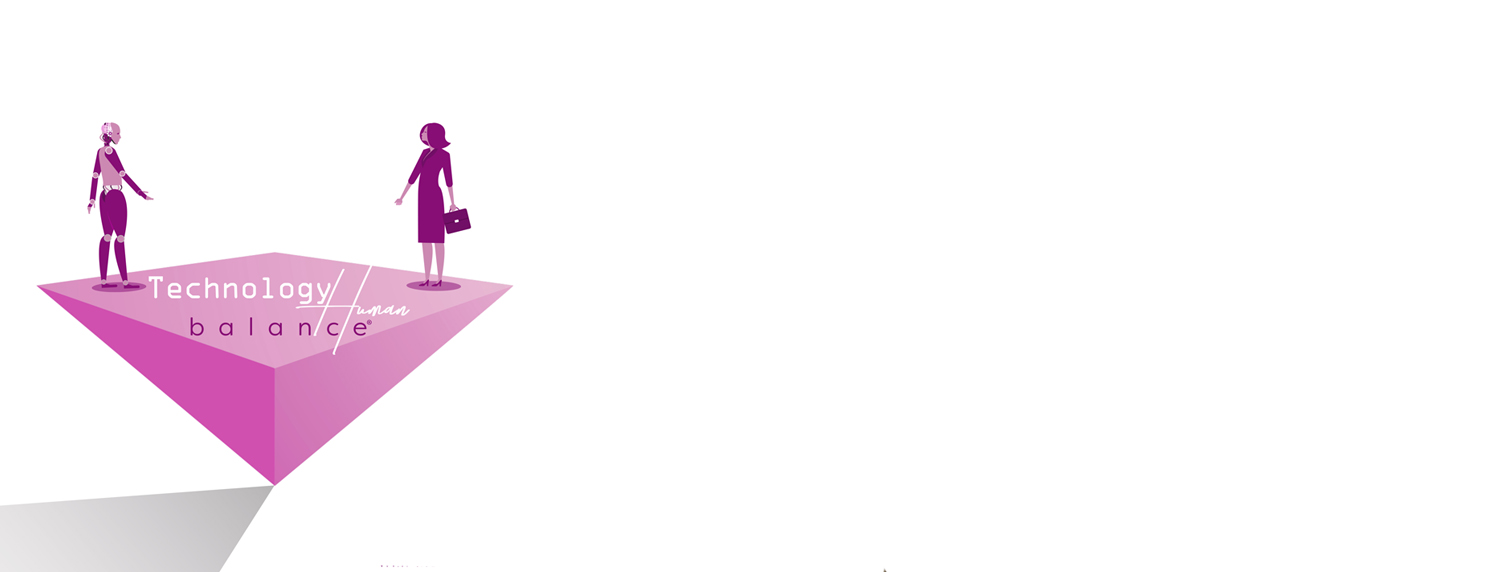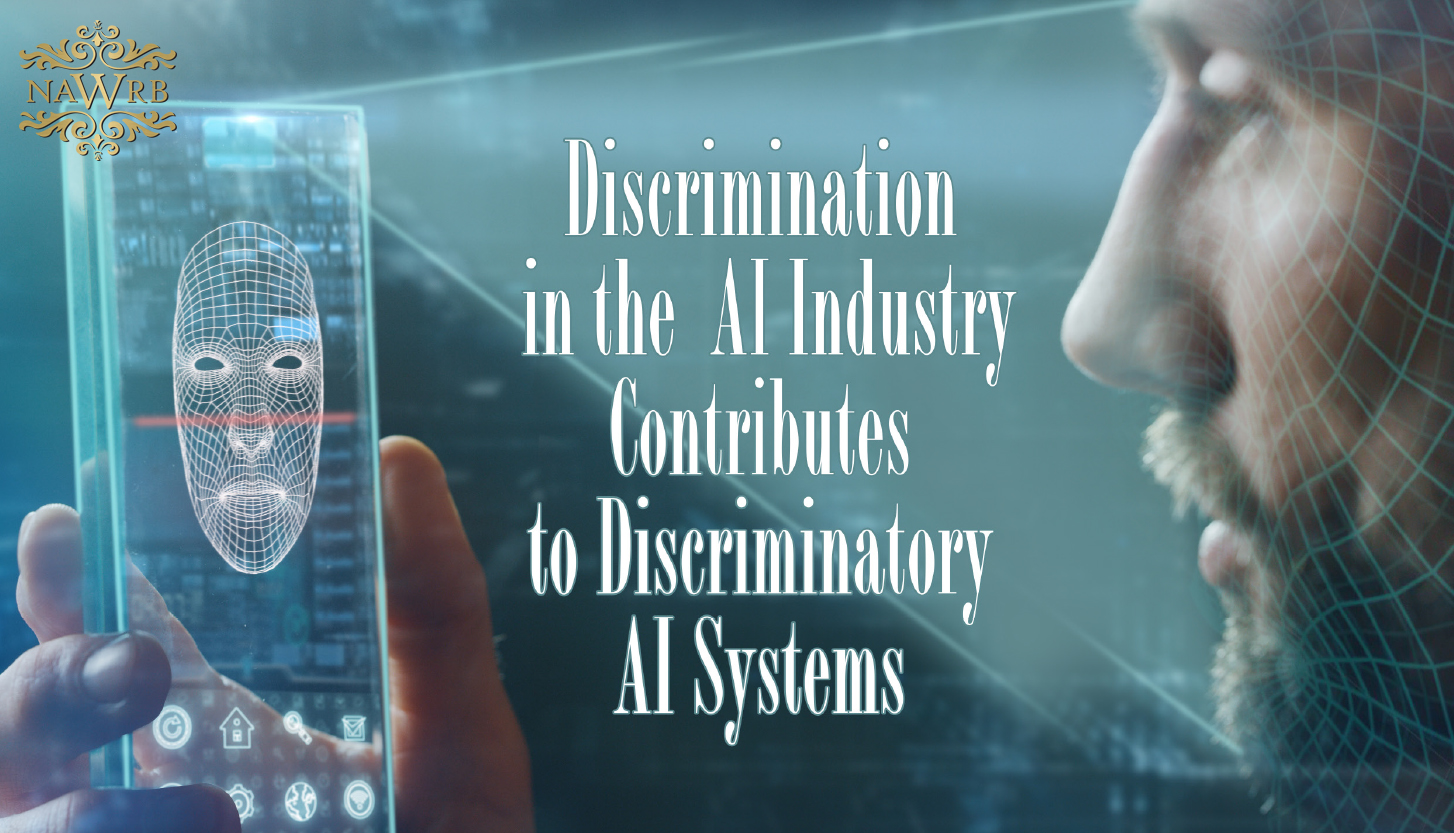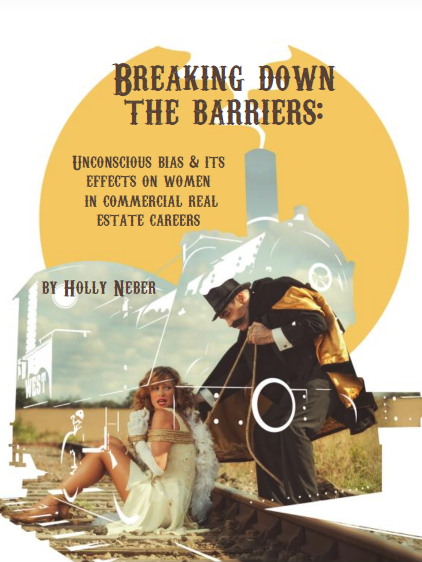A new report from New York University’s AI Now Institute titled Discriminating Systems: Gender, Race and Power in AI highlights the diversity crisis in the Artificial Intelligence (AI) sector and its effect on the development of AI systems with gender and racial biases.
The lack of diversity in the AI sector and academia spans across gender and race. Recent studies show that women comprise only 15 percent of AI research staff at Facebook and 10 percent at Google. Women make up 18 percent of authors at leading AI conferences, while more than 80 percent of AI professors are men. Representation of other minorities is also sparse. Only 2.5 percent of Google’s workforce is black, while this is true of 4 percent for both Facebook and Microsoft.
According to researchers, AI’s lack of diversity extends past the underrepresentation of women and other minority groups to power structures and the creation and use of various AI systems. Most of all, the report suggests that historical discrimination in the AI sector needs to be addressed in tandem with biases found in AI systems.
Continue reading

 Login
Login






















 According to research published last year by the Commercial Real Estate Women (CREW) Network, the industry median annual compensation for women in commercial real estate fields is $115,000, compared with $150,000 for men—an income gap of 23 percent. The gap is actually widest in the C-suite at nearly 30 percent. While there are examples of women being intentionally paid less for the same role, it is likely that a large part of the difference can be explained due to unconscious bias.
According to research published last year by the Commercial Real Estate Women (CREW) Network, the industry median annual compensation for women in commercial real estate fields is $115,000, compared with $150,000 for men—an income gap of 23 percent. The gap is actually widest in the C-suite at nearly 30 percent. While there are examples of women being intentionally paid less for the same role, it is likely that a large part of the difference can be explained due to unconscious bias.